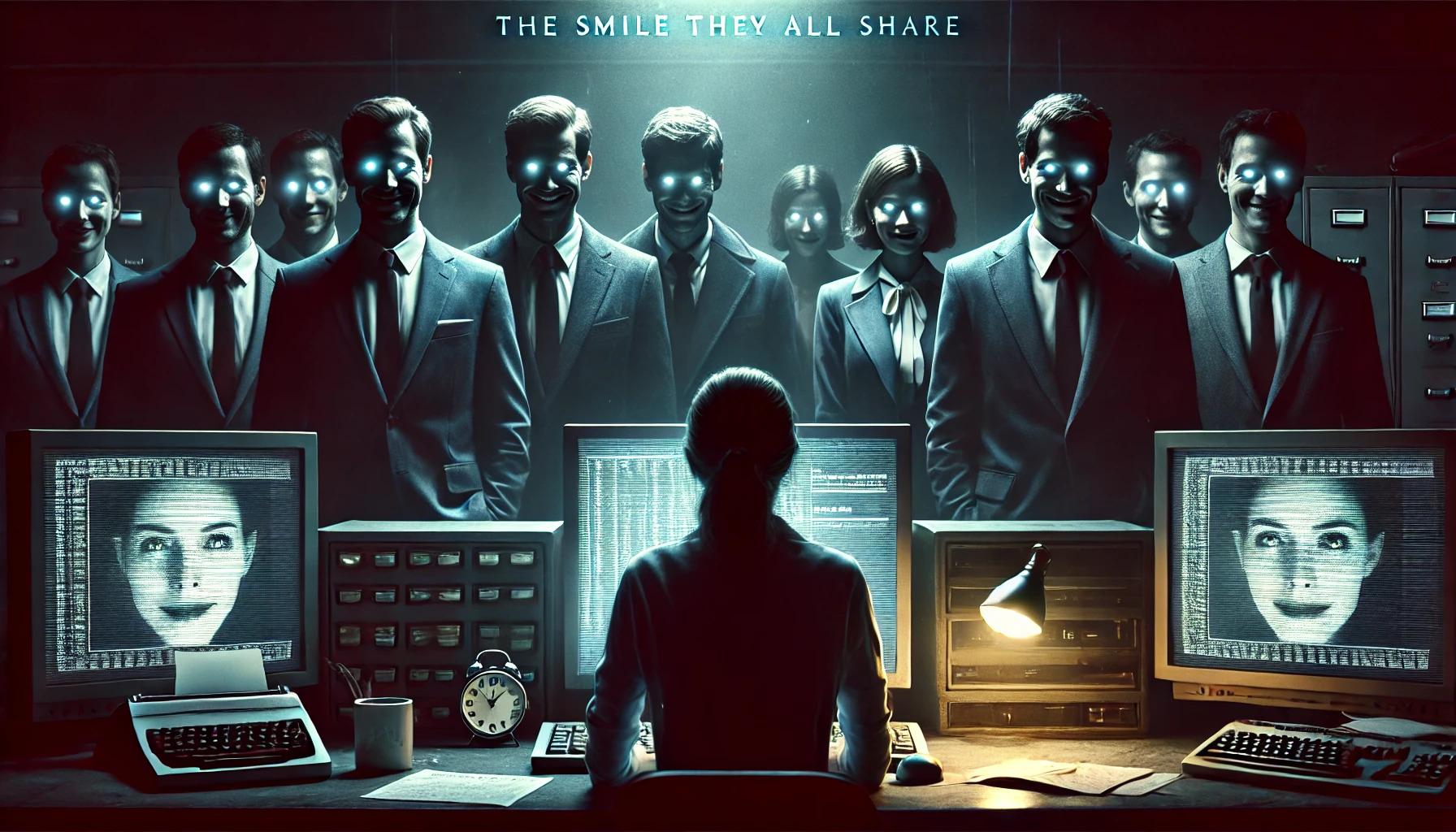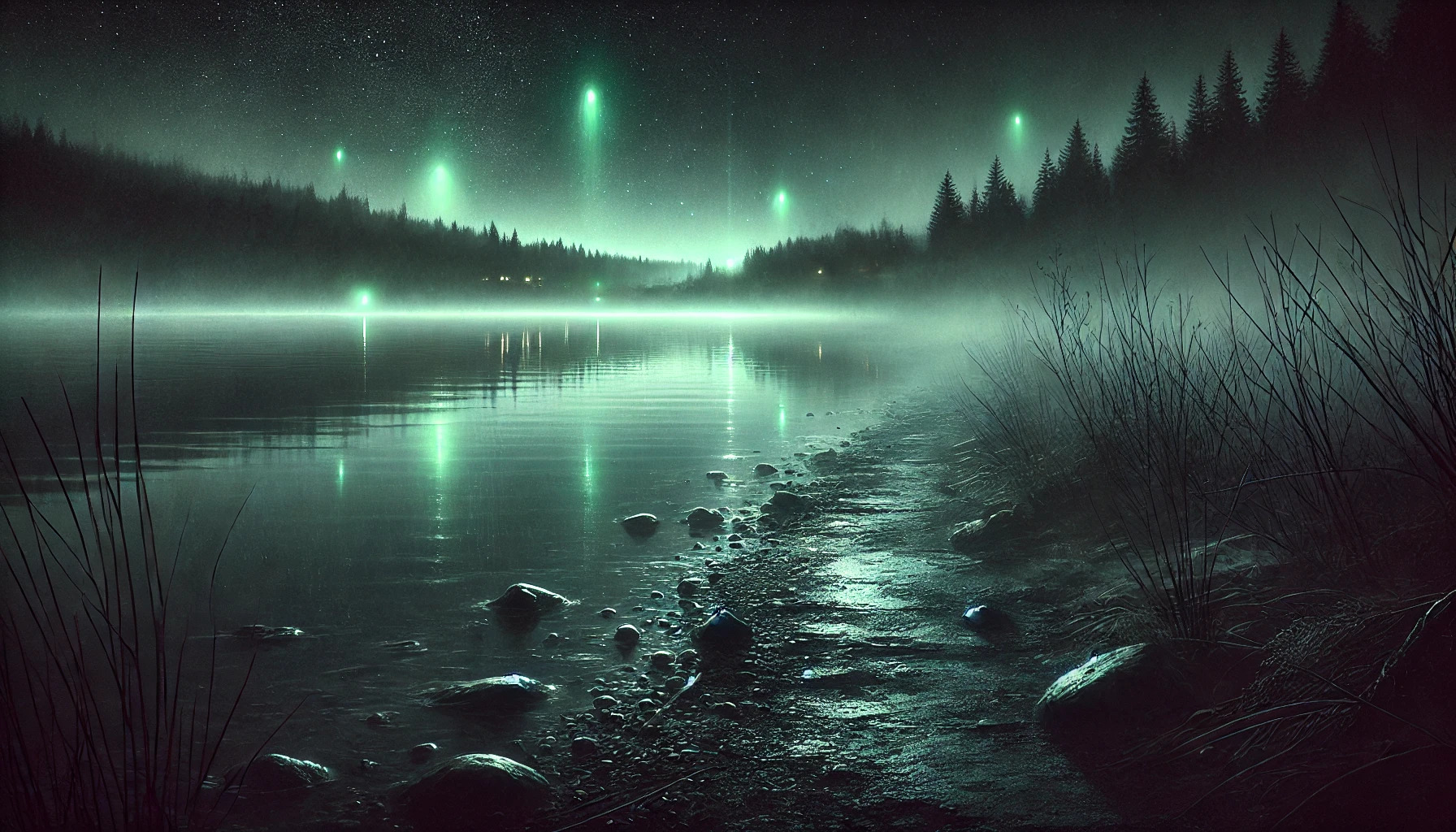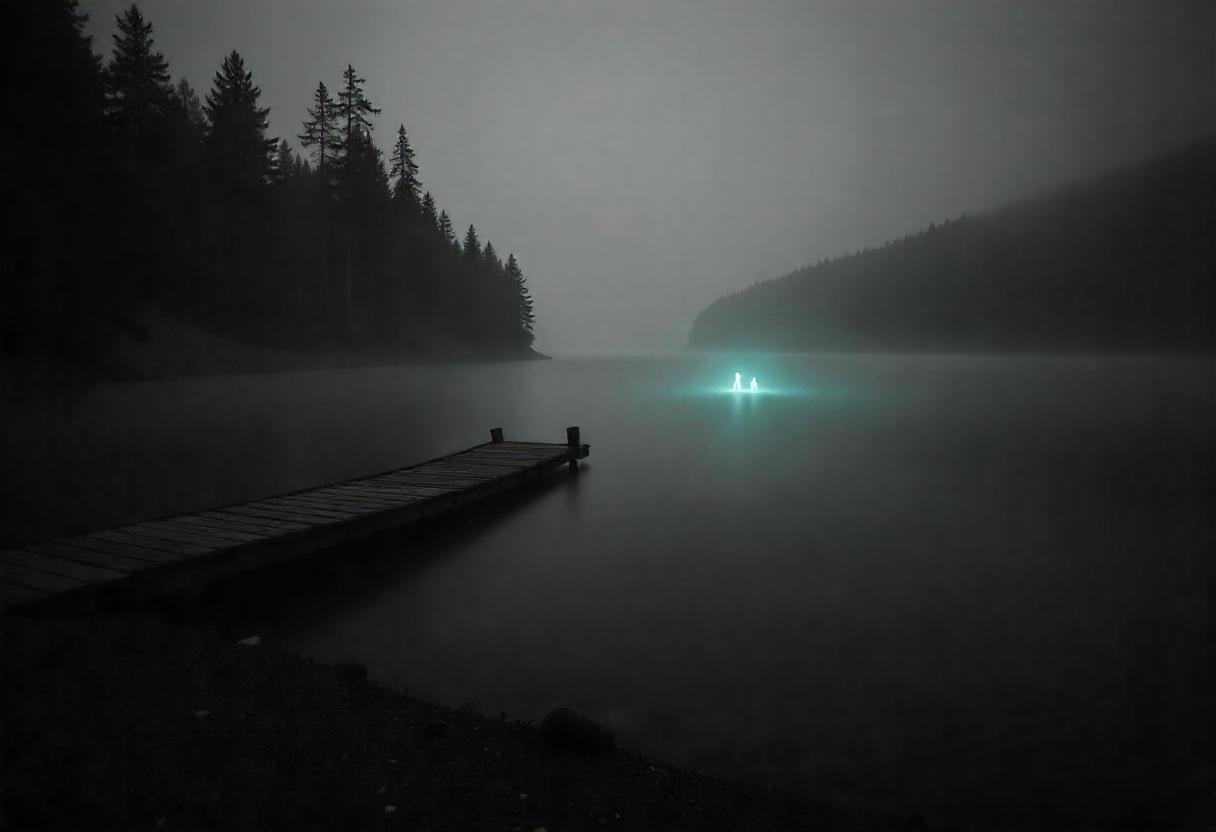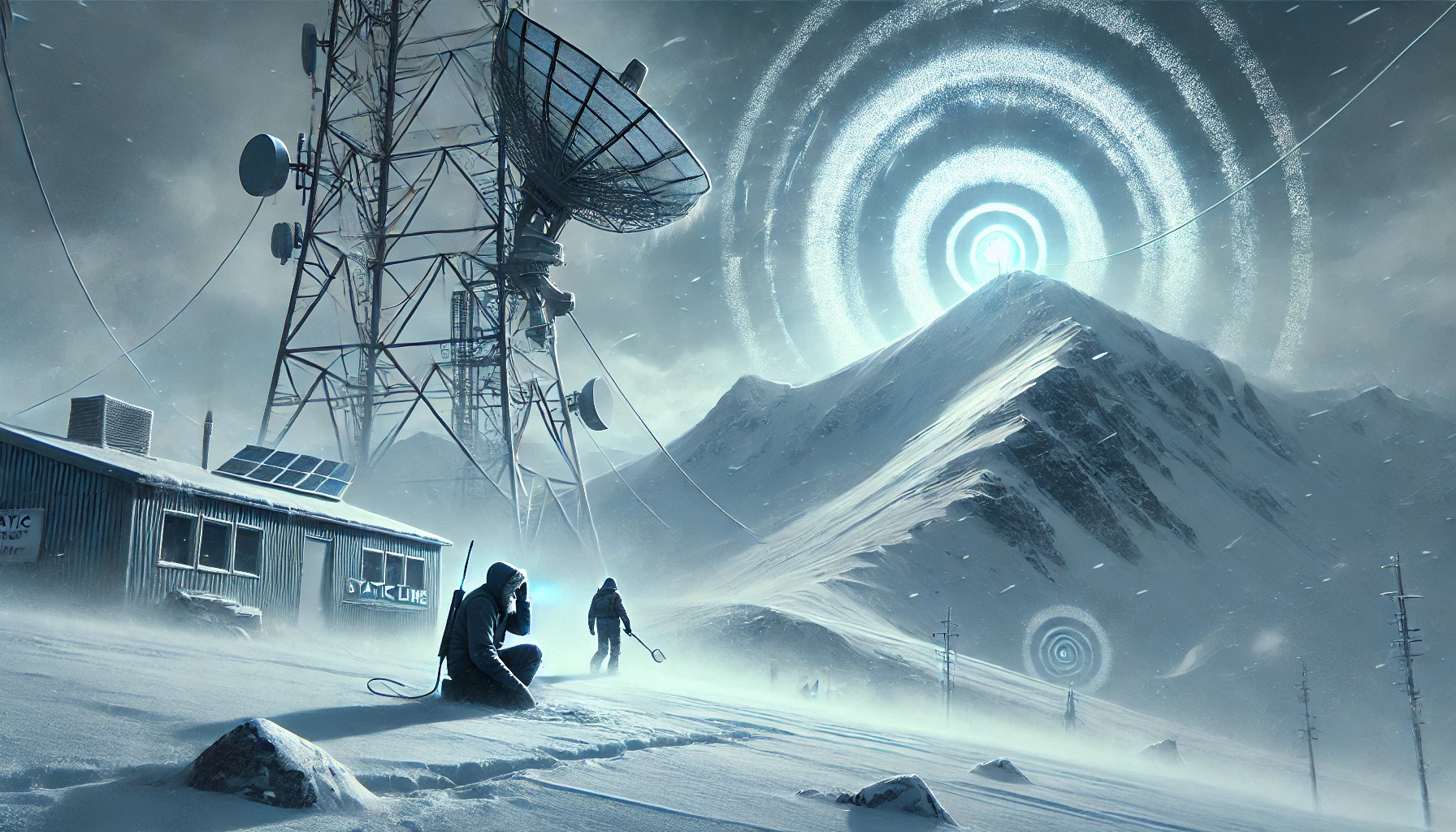
The Smile They All Share
When a government analyst notices world leaders behaving identically—with the same unblinking smile—she uncovers a silent infiltration already in motion. The only clue left behind: her missing father’s final warning.
The President didn't blink once during his speech.
Not once—and the smile stayed fixed, like it had been stitched there.
I only noticed because I’d seen it before. That exact smile. Same symmetry, same curve, same eerie stillness—on three different world leaders in the last two months. My father, once a high-level interpreter at the U.N., used to call it "the mask."
Before he disappeared, he warned me:
"Watch the smiles. When they stop blinking, it’s already too late."
I thought he was slipping. Paranoid. Maybe dementia. But now, I wasn’t so sure.
I’m no one special. Just an analyst buried three floors below the Department of Linguistic Intelligence. I study patterns—voice modulations, facial ticks, inconsistencies in speech rhythms. Lately, my work had taken a darker turn.
I noticed something strange in the last dozen global addresses: unnatural pauses before common human expressions. A delay before laughter. Odd inflections when leaders referenced personal memories.
It was like they were reading from a script they didn’t understand.
I started recording them—looping the smiles. Freeze-framing eye movements. The left eye twitched first. Then stillness. Then that smile. Always the same.
And always, right after these appearances, policy shifted. Swiftly. Borders closed. Satellites launched. Everything accelerating toward... something.
At 2:43 a.m., my secure line buzzed. Only one person still used it—Director Haldane.
He spoke without greeting. “Stop the recordings, Nora. You’re not cleared for facial diagnostics.”
I swallowed. “Why aren’t they blinking?”
He was quiet. Then:
“You think they replaced the leaders. They didn’t.”
“Then what are they?” I asked.
“Occupied.”
A pause. A click. The line went dead.
I didn’t sleep. I sat in the dark with Dad’s old analog watch ticking loudly beside me. He never used digital—said it was easier to block signals with gears. The watch had stopped ticking the night he vanished. Tonight, it ticked again.
Tick. Tick.
Then stopped.
I looked up. Someone was outside my apartment. A tall figure in a black suit. Smiling. Not blinking.
I didn’t open the door. Just watched from the peephole as it turned and left something behind: a white envelope. I opened it with shaking hands.
Inside was a photo of my father—seated beside the President, both smiling that same unnatural smile. Underneath, a single line written in his handwriting:
“They’re not here to conquer. They already have.”
Now, I sit in the archives room, alone. The cameras are off. My badge has been revoked, but my access key still works—for now.
In front of me is a console with a blinking cursor, just like the one Dad warned me about years ago. Back then, I thought he was paranoid.
The screen asks:
“Do you wish to initiate Global Signal Interruption?”
I glance at the analog watch. It ticks once. Then stops.
I place my finger over the key.
And wait.
Not once—and the smile stayed fixed, like it had been stitched there.
I only noticed because I’d seen it before. That exact smile. Same symmetry, same curve, same eerie stillness—on three different world leaders in the last two months. My father, once a high-level interpreter at the U.N., used to call it "the mask."
Before he disappeared, he warned me:
"Watch the smiles. When they stop blinking, it’s already too late."
I thought he was slipping. Paranoid. Maybe dementia. But now, I wasn’t so sure.
I’m no one special. Just an analyst buried three floors below the Department of Linguistic Intelligence. I study patterns—voice modulations, facial ticks, inconsistencies in speech rhythms. Lately, my work had taken a darker turn.
I noticed something strange in the last dozen global addresses: unnatural pauses before common human expressions. A delay before laughter. Odd inflections when leaders referenced personal memories.
It was like they were reading from a script they didn’t understand.
I started recording them—looping the smiles. Freeze-framing eye movements. The left eye twitched first. Then stillness. Then that smile. Always the same.
And always, right after these appearances, policy shifted. Swiftly. Borders closed. Satellites launched. Everything accelerating toward... something.
At 2:43 a.m., my secure line buzzed. Only one person still used it—Director Haldane.
He spoke without greeting. “Stop the recordings, Nora. You’re not cleared for facial diagnostics.”
I swallowed. “Why aren’t they blinking?”
He was quiet. Then:
“You think they replaced the leaders. They didn’t.”
“Then what are they?” I asked.
“Occupied.”
A pause. A click. The line went dead.
I didn’t sleep. I sat in the dark with Dad’s old analog watch ticking loudly beside me. He never used digital—said it was easier to block signals with gears. The watch had stopped ticking the night he vanished. Tonight, it ticked again.
Tick. Tick.
Then stopped.
I looked up. Someone was outside my apartment. A tall figure in a black suit. Smiling. Not blinking.
I didn’t open the door. Just watched from the peephole as it turned and left something behind: a white envelope. I opened it with shaking hands.
Inside was a photo of my father—seated beside the President, both smiling that same unnatural smile. Underneath, a single line written in his handwriting:
“They’re not here to conquer. They already have.”
Now, I sit in the archives room, alone. The cameras are off. My badge has been revoked, but my access key still works—for now.
In front of me is a console with a blinking cursor, just like the one Dad warned me about years ago. Back then, I thought he was paranoid.
The screen asks:
“Do you wish to initiate Global Signal Interruption?”
I glance at the analog watch. It ticks once. Then stops.
I place my finger over the key.
And wait.



Comments